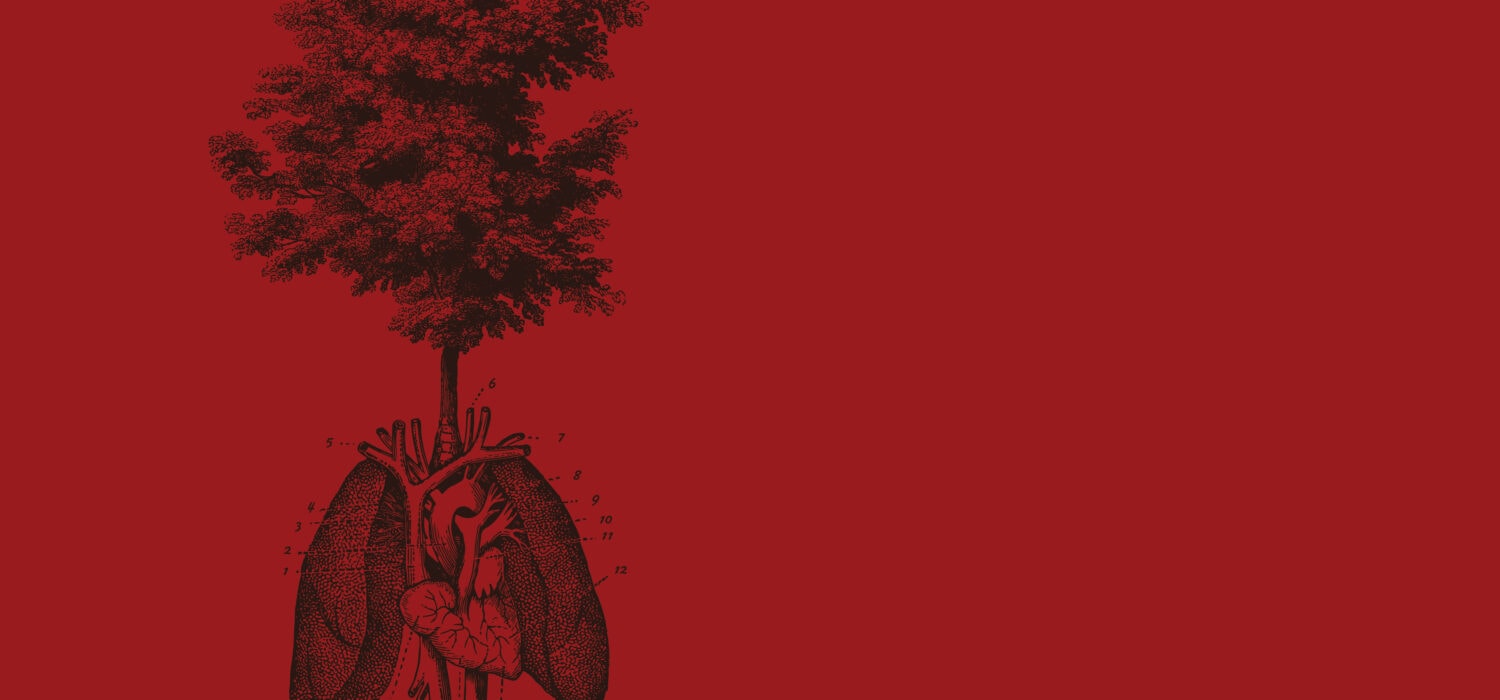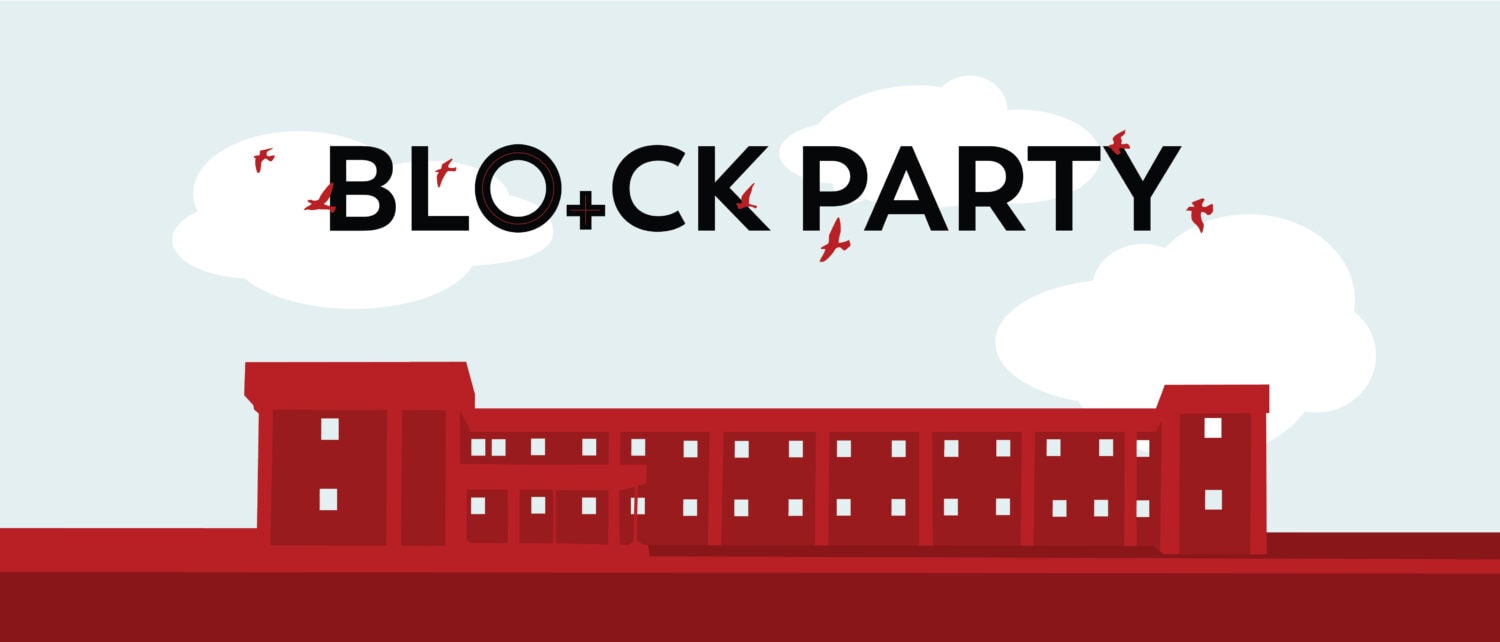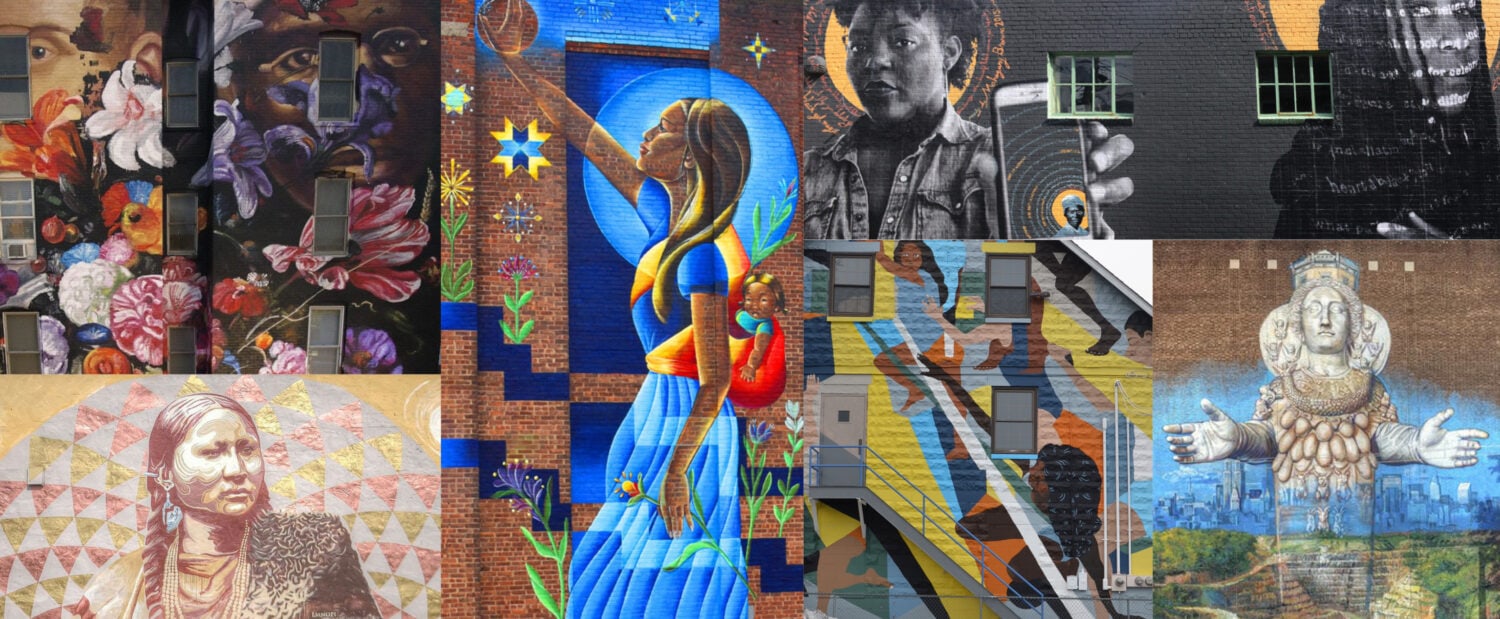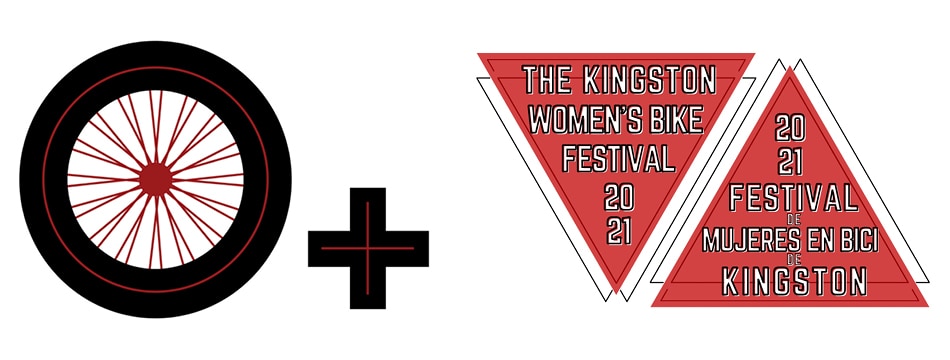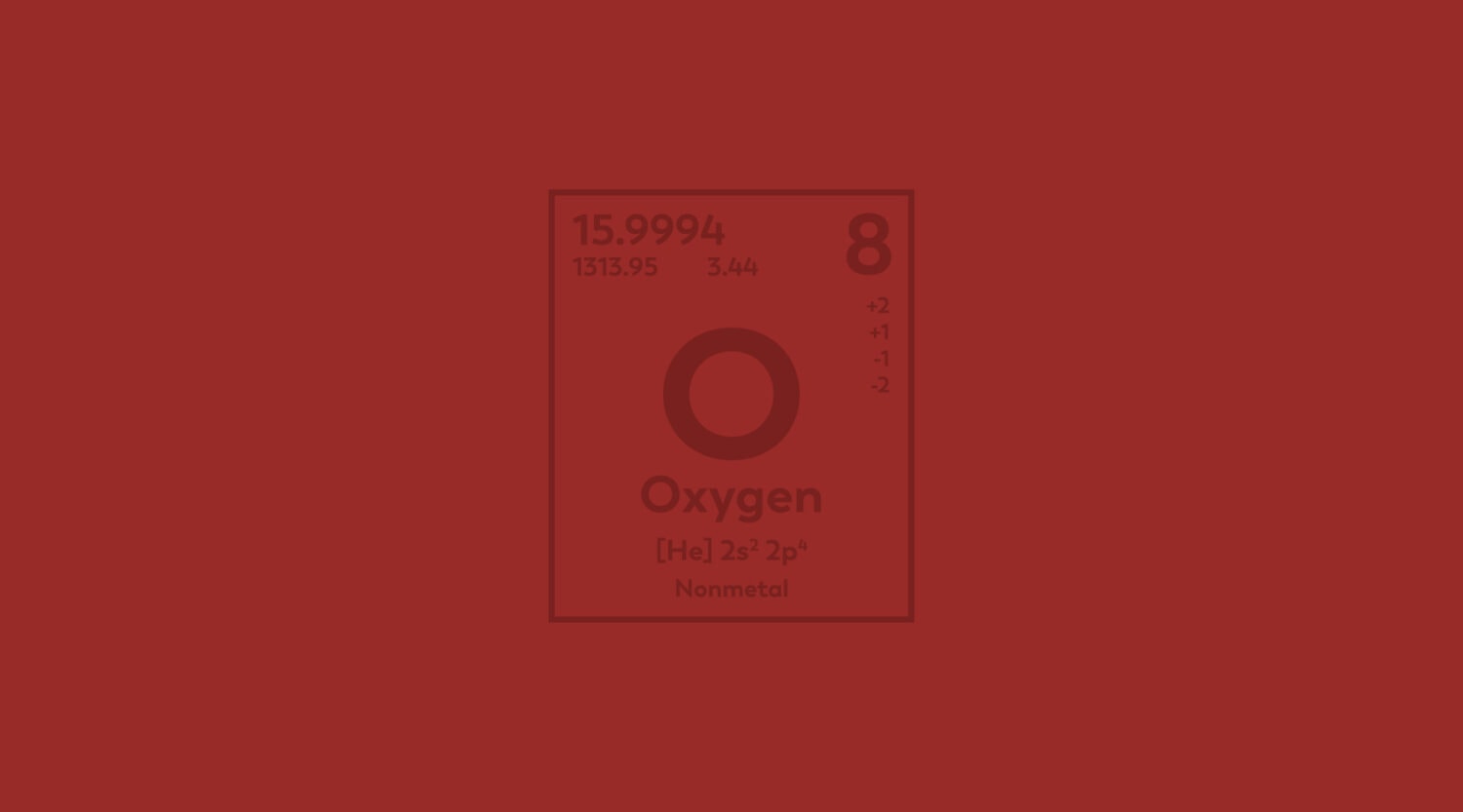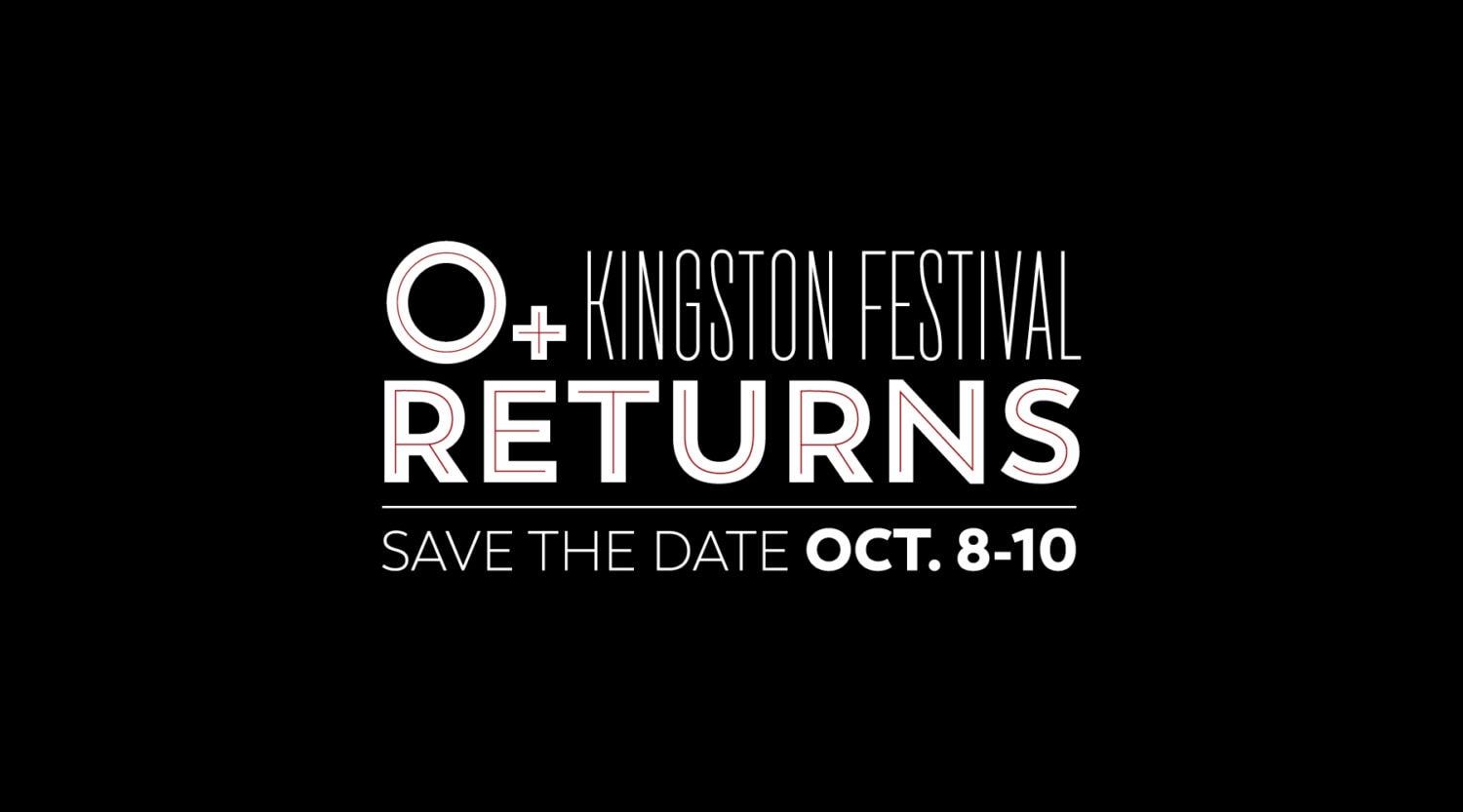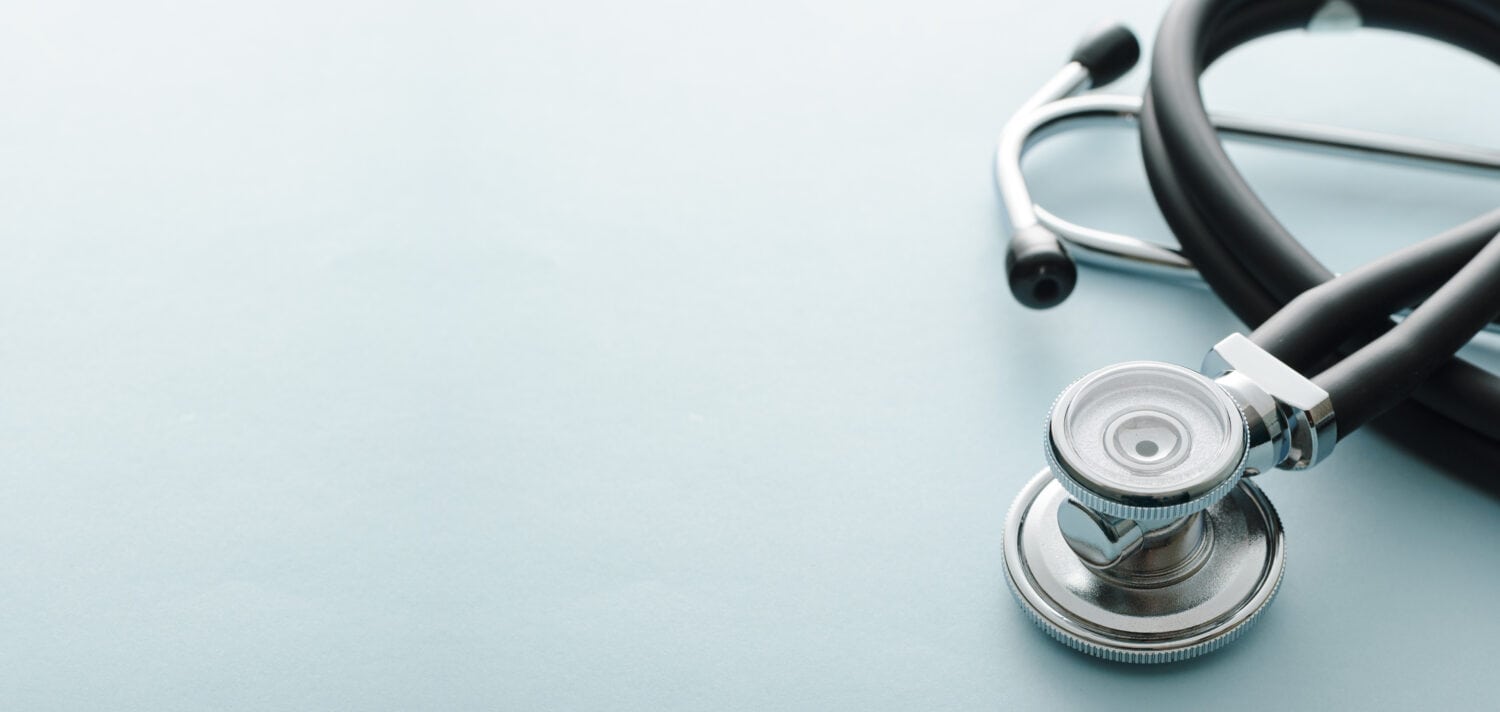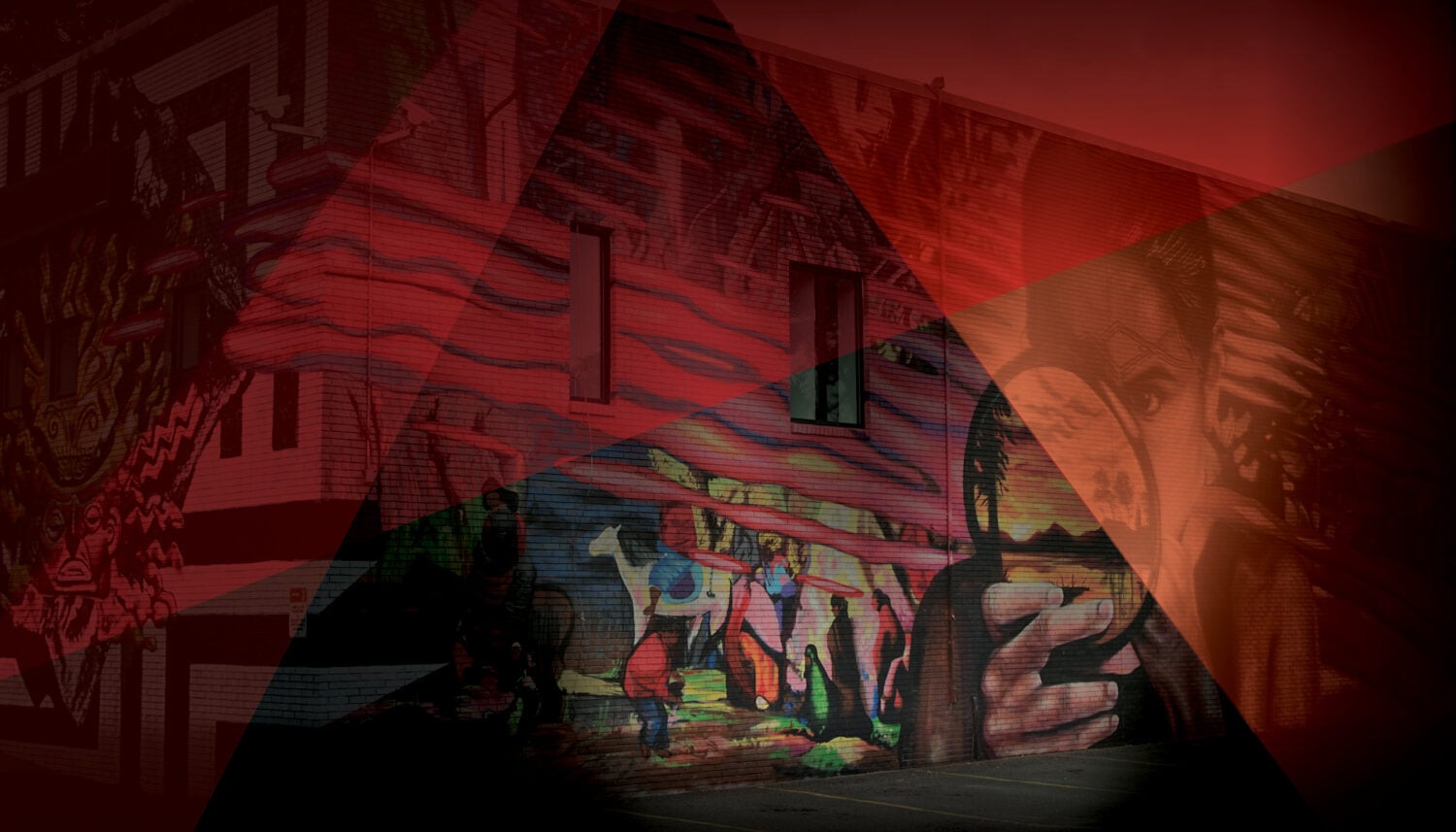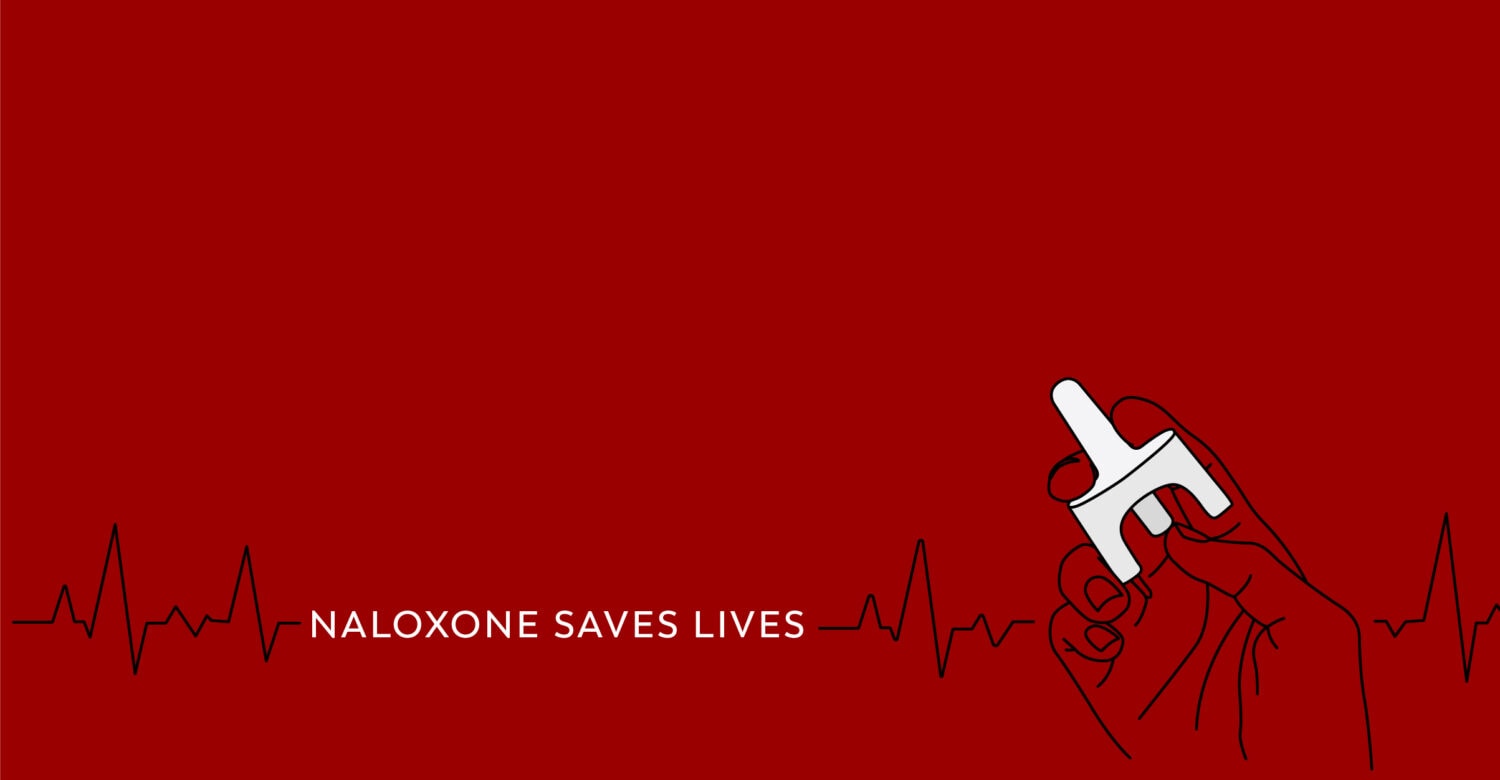O+ will celebrate its 11th annual festival of art, music and wellness in Kingston on October 8th-10th, 2021. O+ Kingston is a convergence of arts and wellness. How do art and music support, complement, and magnify health and wellness?
The theme for this year is O+YGEN.
Artists are asked to respond to the theme in their application to make, perform or install a work during O+ Kingston.
Here are some ideas artists and musicians may consider as they explore this year’s theme of O+YGEN.
Dignity is as essential to human life as water, food and oxygen.
~ Laura Hillenbrand
O+YGEN is breath and wind, energy, a chemical and a gas that flows between us; an invisible, essential force.
We breathe in O+YGEN, without much conscious thought, approximately 25,000 times per day.
What can we do but keep on breathing in and out, modest and willing, and in our places?
~ Mary Oliver
O+YGEN forms compounds like water which makes up 70% of the human body and covers 70% of the Earth’s surface.
O+YGEN is at the core of healing, balance, meditation and self-empowerment.
Singing is like a celebration of oxygen.
~ Bjork
O+YGEN forms compounds by reacting. These processes are often accompanied by the presence of heat and light in the form of combustions.
O+YGEN feeds the cells of all living organisms but it also feeds a fire’s flames.
…we say that there are three sources of energy–sexual, breath, and spirit…The second source of energy is khi, breath energy. Life can be described as a process of burning. In order to burn, every cell in our body needs nutrition and oxygen…
~Thich Nhat Hahn
O+YGEN is contradictory; it is both essential and invisible.
O+YGEN is visible to us only in extremes – extreme cold, extreme intimacy or the extreme of a public health crisis.
…We all breathe the same air, but we don’t breathe equally. As the Black Lives Matter movement returns with fresh vigour, it arrives with the lessons of the pandemic in hand. There are clear links between the direct state violence experienced by George Floyd and the indirect state violence which distributes healthcare unequally, which removes the safety nets from under certain communities, and which bails out businesses and leaves ordinary people to fend for themselves.
~ Jennifer Mills, The Guardian, Oct 3, 2020
O+YGEN itself has been denied to some as an act of violent dehumanization; its denial acting as a signifier for inequity at its most intolerable.
O+YGEN is a symbol for all that has been lost, all that has been given and all that we have exchanged during the pandemic that cannot be contained within a singular form.
The O+ Art and Music Committees look forward to receiving explorations and interpretations of O+YGEN for this year’s O+ Festival in Kingston.

